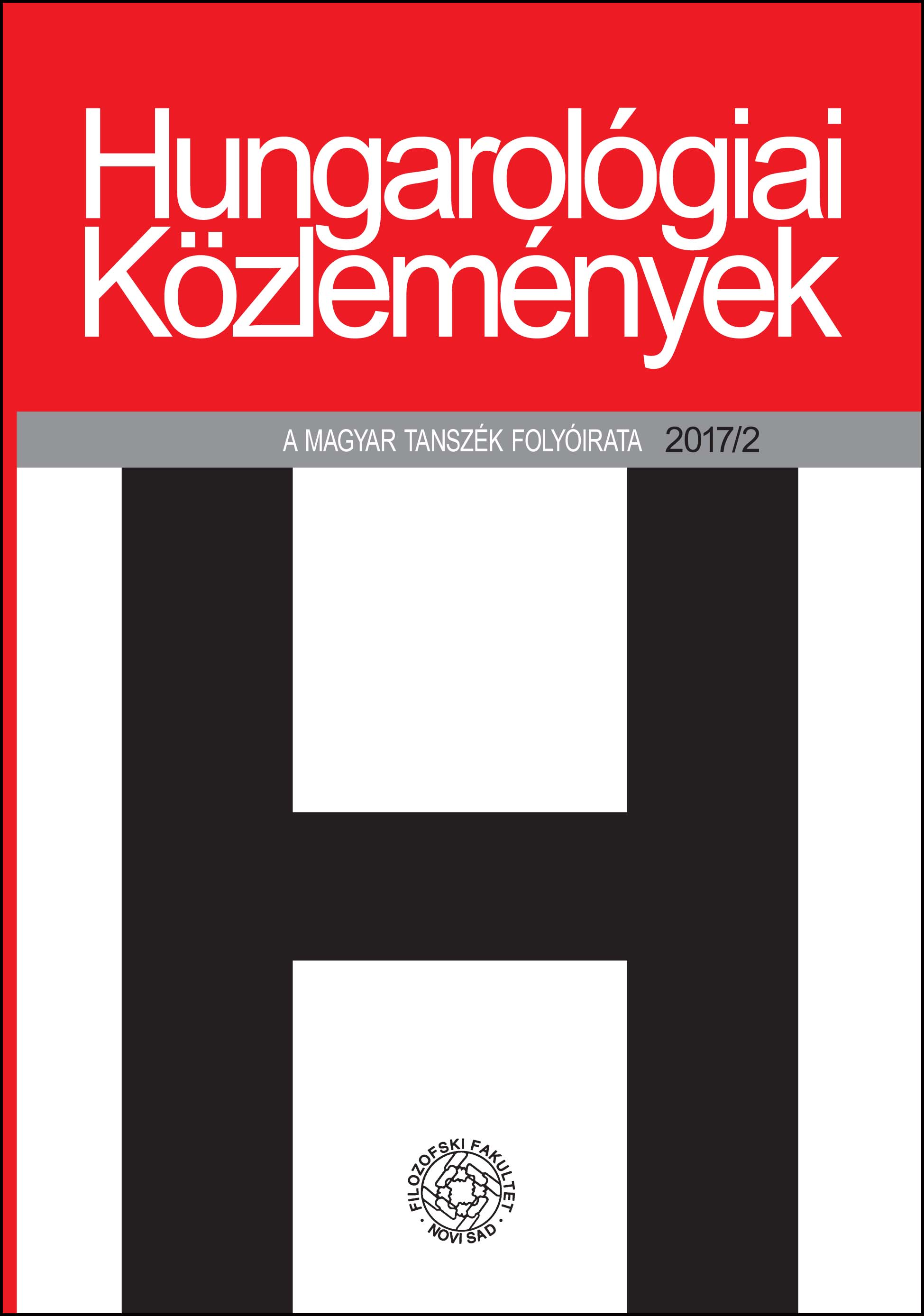AZ IDENTITÁSTRAUMA/TRAUMATIKUS IDENTITÁS NYELVI ASPEKTUSA(I)
The Linguistic Aspect(s) of Identity Trauma/Traumatical Identity
Aleksandar Tišma’s Thoughts on Language
Author(s): Marko ČudićSubject(s): Language and Literature Studies
Published by: Филозофски факултет, Универзитет у Новом Саду
Keywords: the writer’s multilingualism; the choice of language; trauma; language inferiority complex
Summary/Abstract: Aleksandar Tišma belongs to those writers of hybrid identity, who were bilingual and even multilingual from early childhood, and for whom the choice in which language to write did not come naturally, nor without obstacles. The fact that Tišma finally chose to write in Serbo-Croatian following some significant inner struggle, caused him notable psychological and cultural problems, as well as an identity crisis. However, his languagegenerated creative crisis did not become resolved by the language choice itself, since the critics and fellow Serbian writers expressed doubts over Tišma’s (Serbo-Croatian) language competence for years, even decades.Tišma used to react very sensitively to these criticisms: notes from his diary, which he was diligently writing for long decades all his life, are testimony to this. If, however, one accepts the “philosophy of language“ of well-known writers who switched language, such as, for instance, Vladimir Nabokov, then one could say that Tišma’s inferiority complex caused by the majority language, and rooting in his own multilingualism, could be considered as a merit for the Novi Sad-based writer, since one of the main pillars of great prose-writing lies in the permanent questioning of language, its conscious problematization, the search for a special language that partially departs from the standard and customary or the creation and appropriation of such a language.
Journal: Hungarológiai Közlemények
- Issue Year: 18/2017
- Issue No: 2
- Page Range: 91-102
- Page Count: 12
- Language: Hungarian

